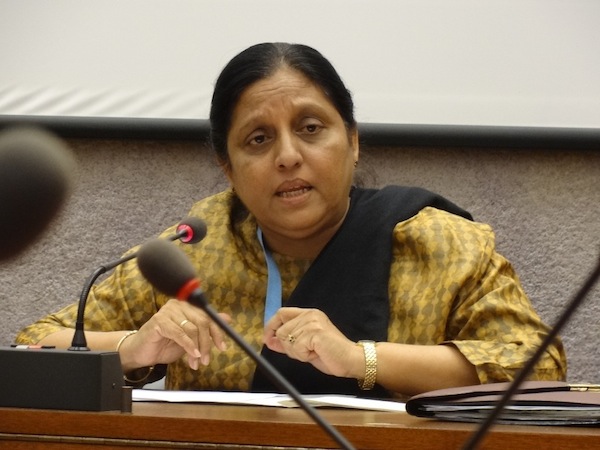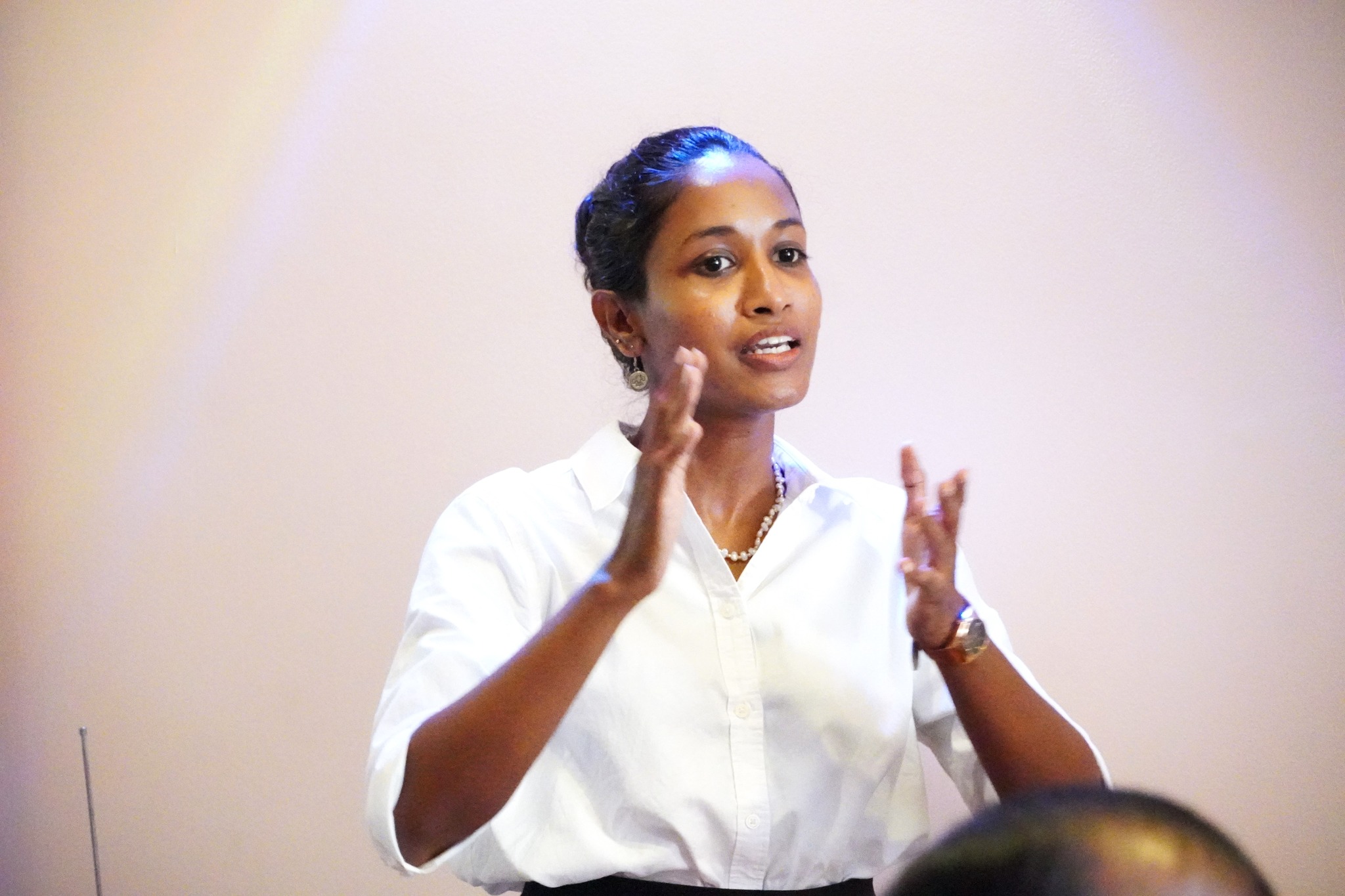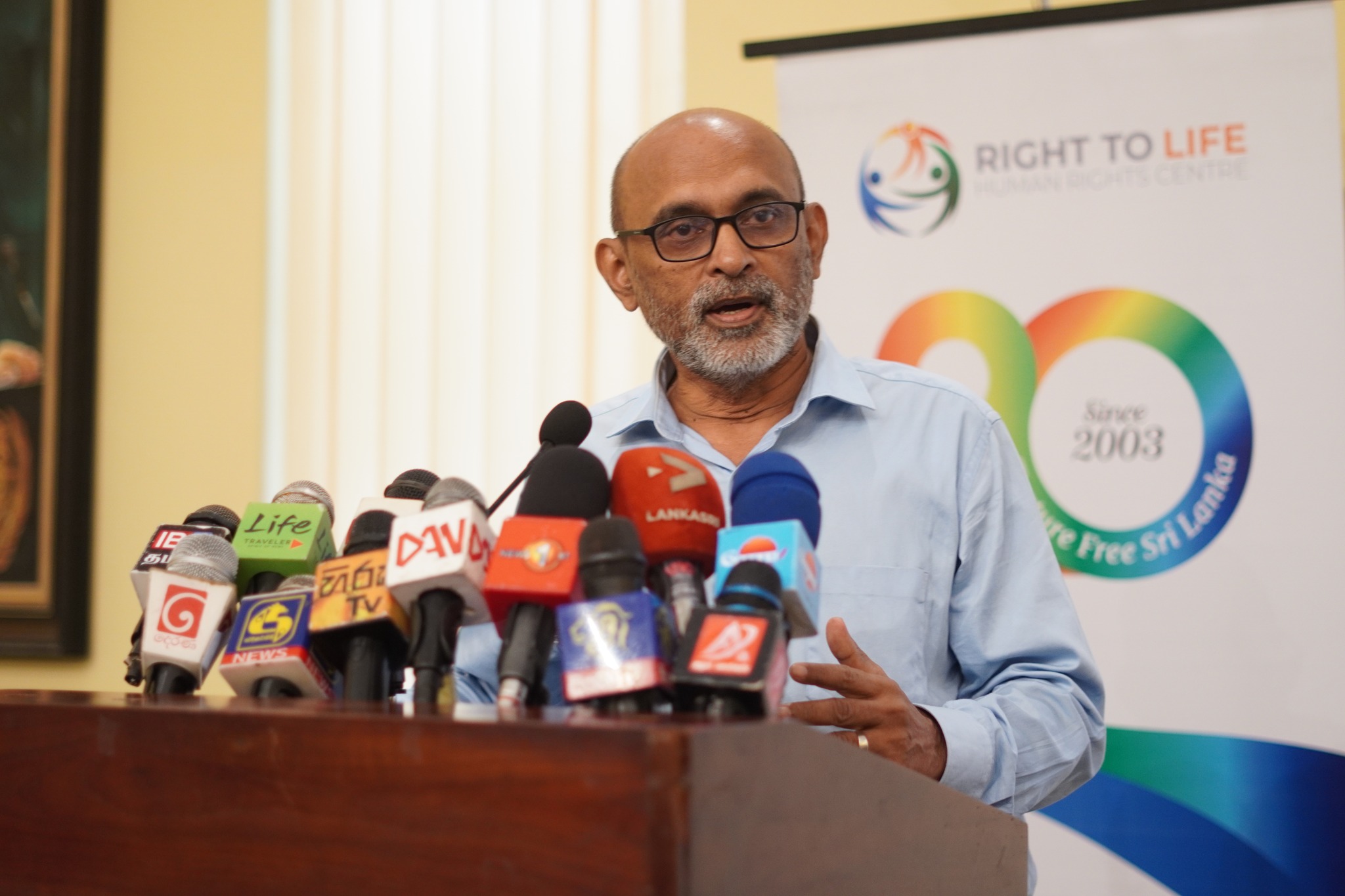By Nimal Abeysinghe, Journalist
The human mind is complex, magnificent, and extraordinary. It is often incomprehensible. At times, it is gripped by fierce emotions such as anger, hatred, and vengeance, driving one to irrational actions. At other times, it sheds these thoughts in an instant, becoming filled with compassion, kindness, love, and affection. Those who have experienced life deeply know that this phenomenon is not limited to stories alone.
The brutal civil war that plagued our country for thirty years still invokes a deep sense of sorrow among peace-loving hearts. However, those who participated in the war had no choice but to destroy their adversaries in order to survive. Consequently, anger and destruction became the dominant thoughts in their minds.
Yet, if someone were to suggest that even amidst such a backdrop, compassion, kindness, and love could arise within a heart, many would find it hard to believe. This is the foundation of a remarkable story of love and humanity, though the identities of the individuals involved must remain concealed for comprehensible reasons.
The story takes us back to 1988, a time of war. In a village in Kilinochchi, a group of Sri Lankan soldiers on patrol was ambushed by LTTE cadres. Although the soldiers retaliated, they couldn’t overcome the attackers. They sent a message to their base requesting reinforcements, and a backup team launched a counterattack on the village. By the time the battle ended, the entire village had been reduced to ruins.
Afterwards, soldiers entered the village to search for any surviving LTTE fighters. They combed house after house, most of which were destroyed, either completely or partially. The inhabitants who survived had fled, while the dead lay scattered. One team of soldiers entered a partially destroyed house.
Inside, they found the bodies of the deceased. One woman lay slumped against a wall, lifeless. On her lap was a tiny infant. A lance corporal among the soldiers approached. The infant’s mouth still bore traces of milk, indicating the mother had been feeding the child when she died. The baby was unharmed.
The lance corporal, carrying his rifle on his shoulder, gently picked up the child.
“What a beautiful little one,” he murmured.
“Put that down!” barked the corporal in charge.
But the lance corporal, overwhelmed by paternal affection, held the baby tightly.
“Let go of the baby!” the corporal ordered again.
“Sir, please let me take this child home,” the lance corporal pleaded.
Despite the corporal’s repeated commands, the lance corporal refused to abandon the baby.
“Alright, tell the CO (Commanding Officer) whatever you want,” the corporal relented.
When they returned to the base, the lance corporal informed the commanding officer of his intention to take the child home. The officer, though sympathetic, hesitated to make a decision.
“Fine. This is a tricky matter, but you can take the child. If there are any issues, you’ll bear the consequences.”
I met this man as an ex-soldier in a village in Vavuniya and this is how he told the story:
At that time, I already had two sons, both boys. My wife and I had been hoping for a daughter. The moment I saw this child, an unexplainable affection arose within me. I brought her home.
My wife and children warmly welcomed the baby girl into our family. She grew up alongside my two sons, and our relatives accepted her without question. She was treated with the same love and care as our biological children.
As time passed, the girl became a young woman and completed her schooling. However, my wife and I were constantly worried.
“If we stay in this village, we can’t keep this secret forever. If someone tells her the truth, her life might be completely disrupted. Can we guarantee this secret will remain forever? What should we do?”
We discussed this dilemma repeatedly.
“There’s no issue with the boys. Even if they learn the truth, they’ll never treat her differently. But what will the girl think if she finds out? Let’s leave this place,” I suggested.
“Where can we go? And besides, we have land and property here,” my wife replied.
“There’s news that land is being allocated in Vavuniya. If that’s true, we can move there.”
“If it’s for the child’s well-being, let’s go,” my wife agreed.
Six months later, our family relocated to Vavuniya. By this time, our eldest son had joined the army, serving in a location close to our new home.
When we moved, the girl was 21 years old. Today, she and her two brothers are happily married and lead fulfilling lives. Occasionally, they visit our relatives in the Anamaduwa area.
Good and virtuous people emerge from within human society. Both good and evil stem from the human mind, which knows no boundaries of time or space. This story serves as a testament to this truth.
So, let us bow our heads in reverence to such noble individuals.


